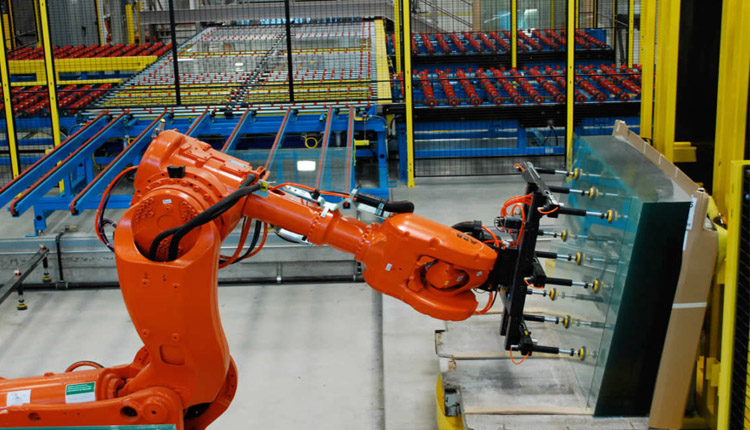German business morale deteriorated in April, a survey showed on Wednesday, bucking expectations for a small rise and suggesting Europe’s largest economy is losing steam as trade tensions hamper its exporters.
The Munich-based Ifo economic institute said its business climate index fell to 99.2 from an upwardly revised 99.7 in the previous month. The April reading compared with a consensus forecast for 99.9.
The index had risen in March after six falls in a row.
“March’s gentle optimism regarding the coming months has evaporated,” Ifo President Clemens Fuest said in a statement. “The German economy continues to lose steam.”
Last week, Economy Minister Peter Altmaier said that Berlin expected gross domestic product to grow by 0.5 percent this year after an expansion of 1.4 percent in 2018.
The government had already cut its 2019 forecast in January to 1.0 percent growth from 1.8 percent previously. Long the euro zone’s economic powerhouse, Germany is in its 10th year of expansion, but only narrowly avoided recession last year.
German exporters are struggling with weaker demand from abroad, trade tensions triggered by U.S. President Donald Trump’s “America First” policies and business uncertainty caused by Britain’s planned departure from the European Union.
The difficult trade environment means that Germany’s vibrant domestic demand, helped by record-high employment, inflation-busting pay increases and low borrowing costs, is expected to be the sole driver of growth this year and next.
Late last month, German lighting company Osram cut its forecast for the fiscal year 2019, citing market weakness in the automotive industry, general lighting and mobile devices as well as a broader economic slowdown.
